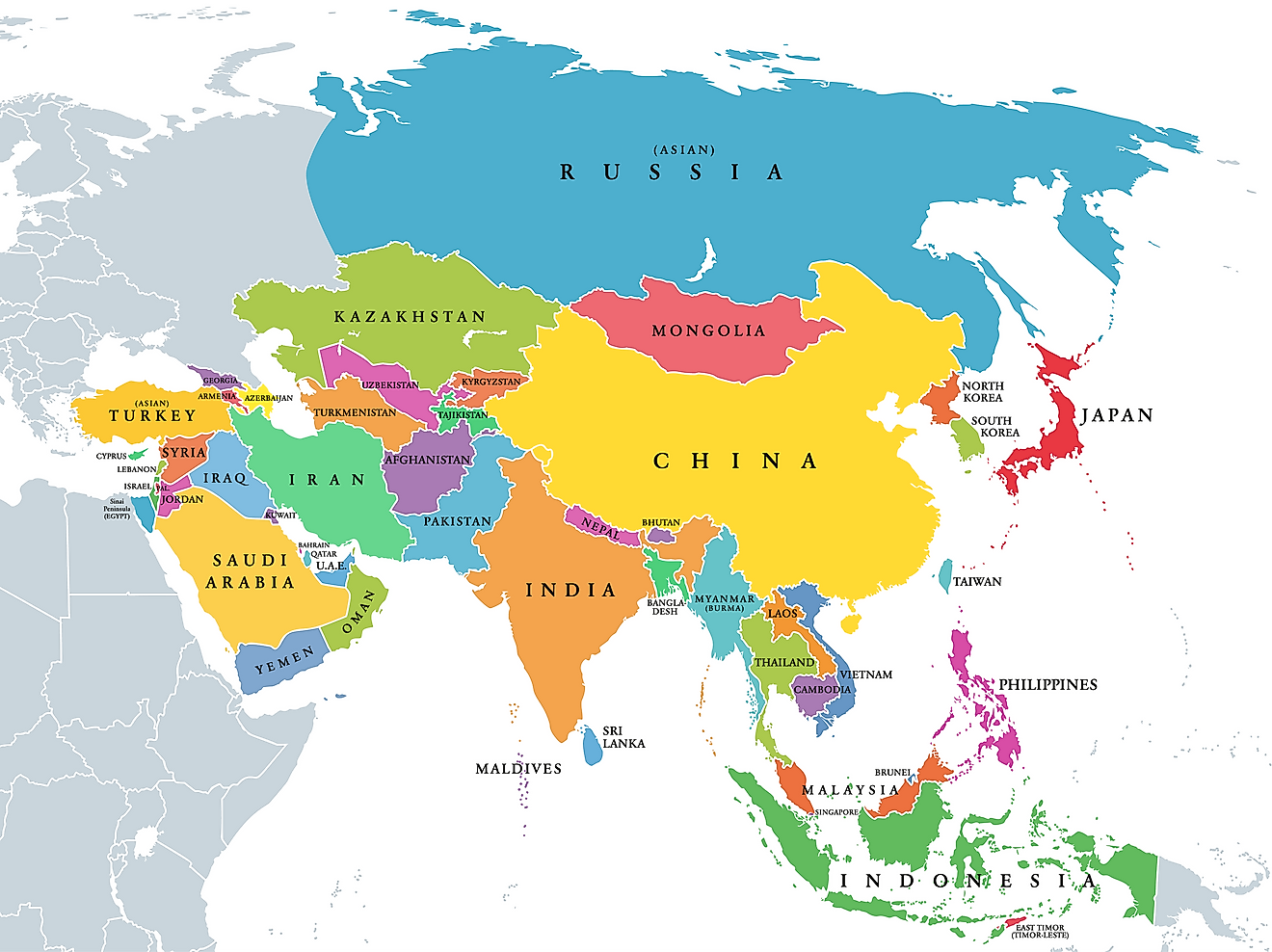What is a Country?

The world we live in has many divisions, from continents to countries to states/provinces to cities to neighborhoods. We all know the name of the country we live in, but have you ever taken the time to wonder what exactly it is that makes a country? By definition, a country refers to a territory with its own borders and total sovereignty. In modern times, this meaning has changed such that the word may be used to refer to several regions and territories that often do not fulfill the criteria in the definition.
For example, some small areas in England, such as West Country, the Constable Country, and the Black Country, are described as countries despite their relatively smaller sizes. Another good example is that of the United Kingdom, which is made up of England, Wales, Scotland, and Northern Ireland. Depending on the context, a person may choose to call the UK a country or refer to its member states as countries. The same is true for the Kingdom of Denmark, which is comprised of Mainland Denmark as well as two other states namely Greenland and the Faroe Islands.
State, Country, And Nation
The word “state” and the word “country” can be used interchangeably. However, in political discourse, a state can be defined as a political unit with sovereignty (legitimate and total political power) over a region and all the people living in that region. A nation, on the other hand, does not need to have a physical border since it is more of a group of people with similar cultures, languages, and religions. A good example of a nation is Palestine where there are several people identifying as Palestinians although the state of Palestine has limited recognition.
Sovereignty
Due to the confusion in the sovereignty status of nations in the world, there is no universal agreement as to the exact count of countries in the world. Presently, there are 195 sovereign states in the world. Of these states, 193 of them are member states of the United Nations while two of them (the Holy See and Palestine) are observers at the UN. Another 11 states are neither members nor observers at the UN. South Sudan is the youngest state after its proclamation in 2011.
In addition to sovereign states, there are non-sovereign ones as well. These regions have varying levels of political control although they are usually properties of other sovereign states. Several states in the world have a number of overseas territories such as the British Virgin Islands belonging to the British and French Polynesia belonging to the French. These territories do not need to be in close proximity to their owners. For example, the British Virgin Islands are situated on the eastern side of Puerto Rico in the Caribbean. For some of these territories, they have almost complete control over the running of their governments or it could be limited. In addition, the question of citizenship can vary. In some cases, the people living in a territory are citizens of that territory while in other cases they are citizens of the country that owns the territory.











